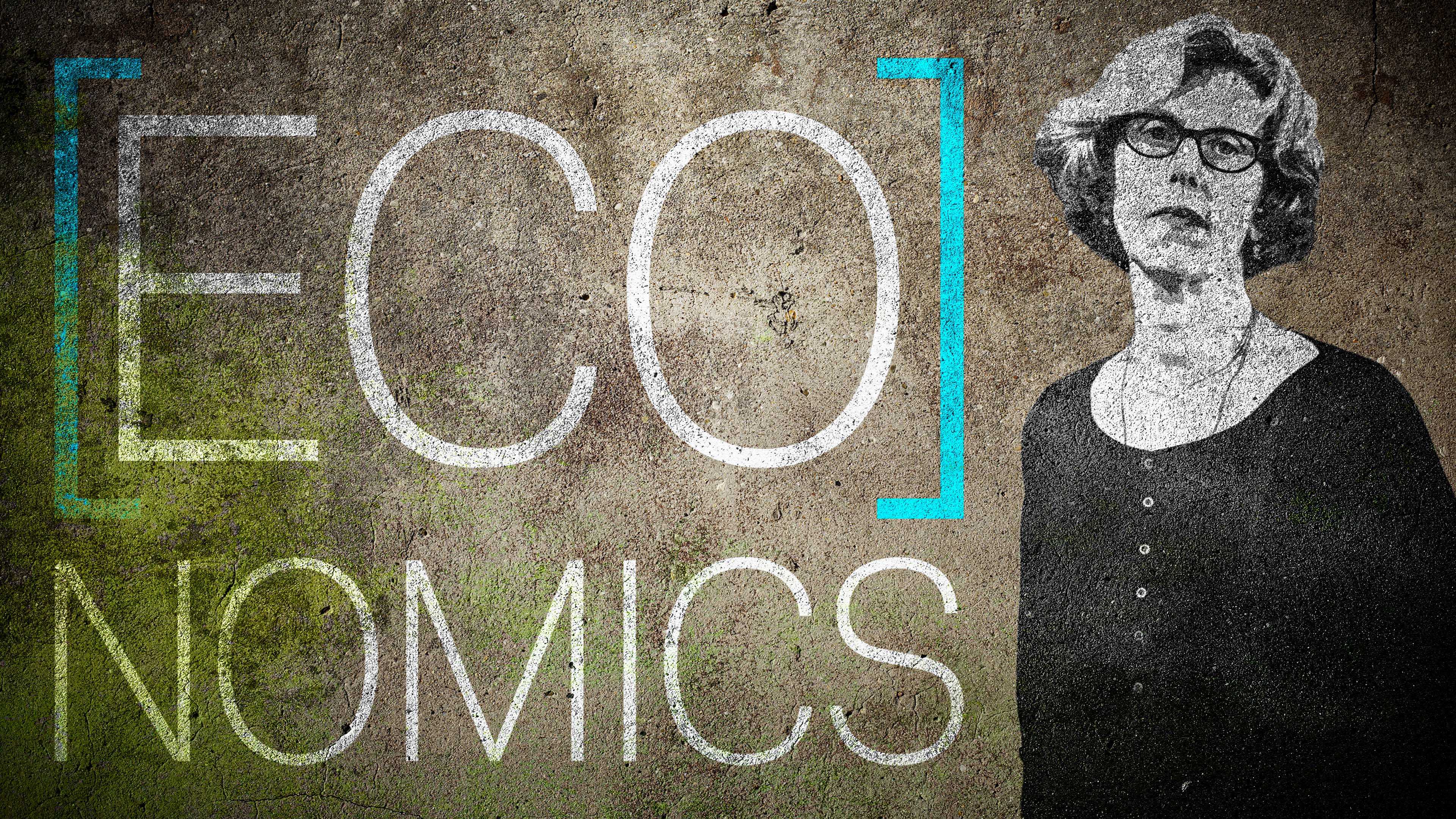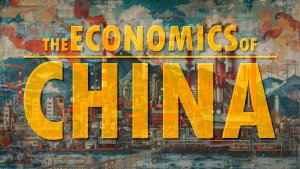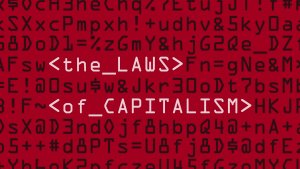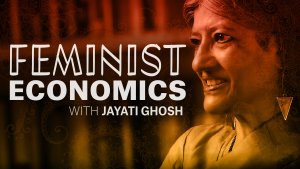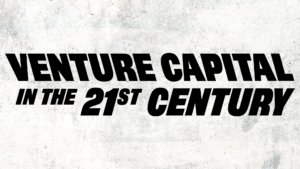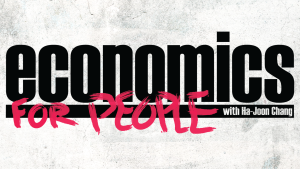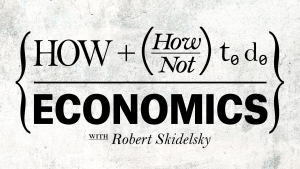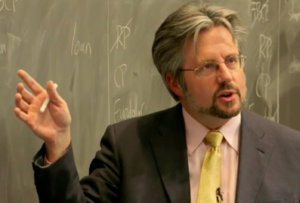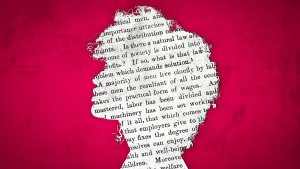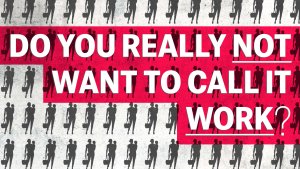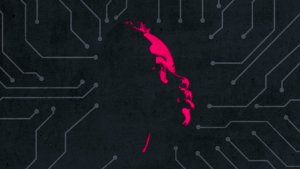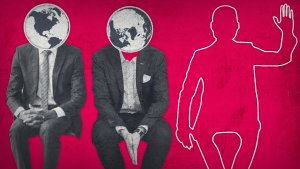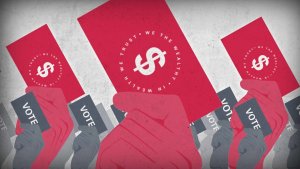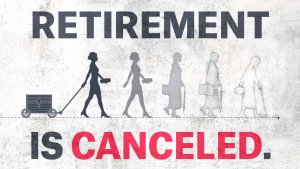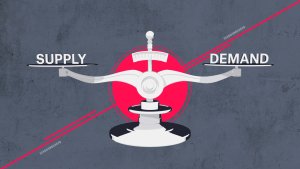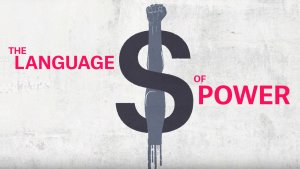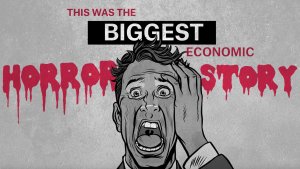Those who have most to gain from polluting and destroying the climate have the power to do so, while those most at risk have the least power to stop it. Economists have been central to this failure to respond to the crisis, and their approach has undermined action.
In this four-part lecture series, Professor Juliet Schor guides us through the economics of climate change.
Part 1
The Scope of the Climate Crisis
In this first lecture, Professor Schor reviews the way economists have approached the problem of climate change. Conventional economists have misunderstood the problem and misdirected their attentions, producing policy recommendations that are not up to the challenge. Many economists have focused on technological innovation, believing it sufficient. Others have misdiagnosed it as a failure of government policy coordination, concluding it is an insurmountable political problem rather than an economic one. They overlook that climate destabilization has structurally inequitable causes and impacts. Economists have tended to analyze it as a market failure and their recommendations over-rely on market mechanisms of dubious effectiveness to correct it. Still others have taken out inadequate cost-benefit analysis toolkits to construct overly optimistic estimates of the impact of climate disruption on the economy. Economists have been central to the failure to respond to the crisis, and their approach has undermined action.
PART 2
Political Economy of Climate Disruption
Mainstream economists like to talk about choosing between climate protection and consumption. They often produce studies showing that policy action is too expensive, while climate change itself is not too costly. But a well-functioning climate is the basis for producing goods and services, not an alternative to them.
In lecture 2, Professor Shor introduces the political economy approach to climate change, as an alternative to the usual economics. This direction links action and inaction to economic and political interests. Who has interests in continuing to emit greenhouse gases, who is benefiting, and who is bearing the costs? Political economy turns the focus on the companies, countries and people who are disproportionately responsible and have a strong interest in the status quo. Prof. Schor shows how fossil fuel companies have spent vast amounts of money and effort in influencing public opinion and capturing politicians, to forestall government action on climate change. Solving the political economy problem requires new ways of thinking about transcending the interest-based politics that has led to climate inaction.
Part 3
Planetary Boundaries
Mainstream economics ignores the impact of economic activity on the natural environment. Ecological economics recognizes that the human economy exists in a larger planetary system, and that destroying the natural environment will affect future well-being.
In lecture 3, Professor Schor shows how human economic activity has exceeded the reproductive or sustainable capacity of the planet over the past half-century. Ecosystems have been worn down by deforestation, destruction of species, depletion of material reserves and destabilization of the climate. Humans are destroying these ecosystems at a dizzying, unsustainable and accelerating rate. Capitalism has certain features - most notably pressure to grow - that make a change of trajectory all but impossible in this context. Conventional economic policies are lured by the hope they can still maintain economic growth while simultaneously reducing carbon emissions. But Professor Schor shows how decoupling growth from emissions is a mirage. Wealthy countries cannot grow their way to sustainability. We need to enact structural changes and consider alternative approaches that reduce climate disruption and improve well-being.
Part 4
System Change
Concluding the series, Prof. Schor explores the structural changes necessary to live within planetary boundaries.
Encouraged by economists, current mainstream policy on climate change has been too focused on "green growth", and reliant on market-based solutions, which have proven inadequate to the challenge. Professor Juliet Shor emphasizes it is time to reject business as usual and build a new economy.
For starters, we need to improve our understanding of human well-being. Public policy has focused on a single flawed number - GDP - ignoring that higher quality of life can be achieved on other dimensions, like fewer working hours. While growth is essential for poor countries to achieve decent standards of living, after a certain threshold, the incremental benefits of increasing GDP are fewer and unequally distributed. Prof. Schor shows it is both economically and technically feasible to achieve high levels of well-being without fossil fuels.
Climate policy should jettison the growth imperative, but it cannot overlook the equality imperative. We are in a climate crisis because of inequalities of power and resources, both within countries and globally. Prof. Schor outlines what needs to be done to address climate destabilization successfully and efficiently: mandate shifts to clean renewable energy, democratic control of investment flows, and a just transition with equity at its core. The State needs to be at the center of this response. But Prof. Schor warns that concentrations of wealth often translate into control of the State and policy inaction, so we need to also address the distribution of power and democratization. In light of recent tendencies, a large and vigorous social movement may be necessary to spur our governments to act.

